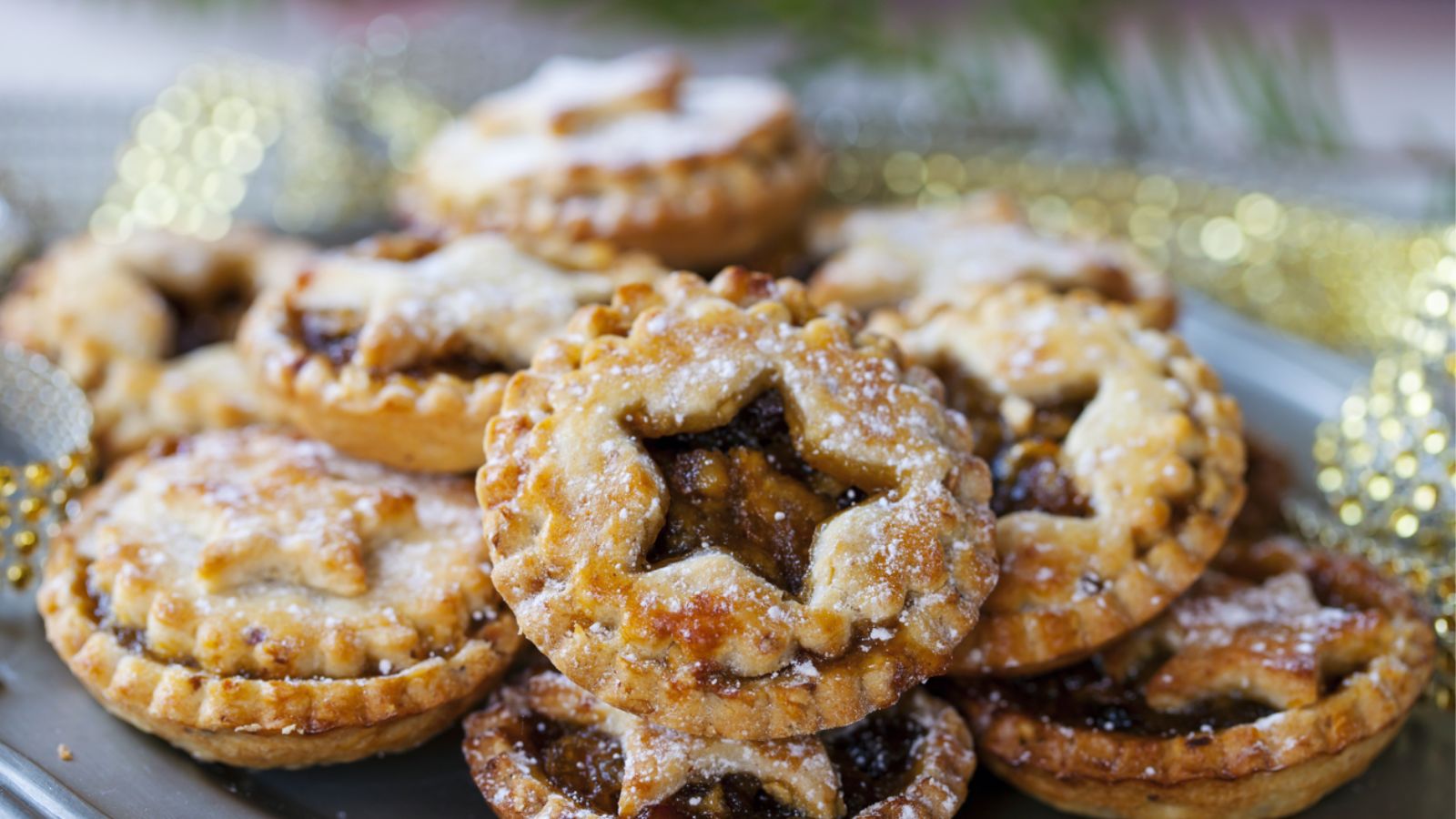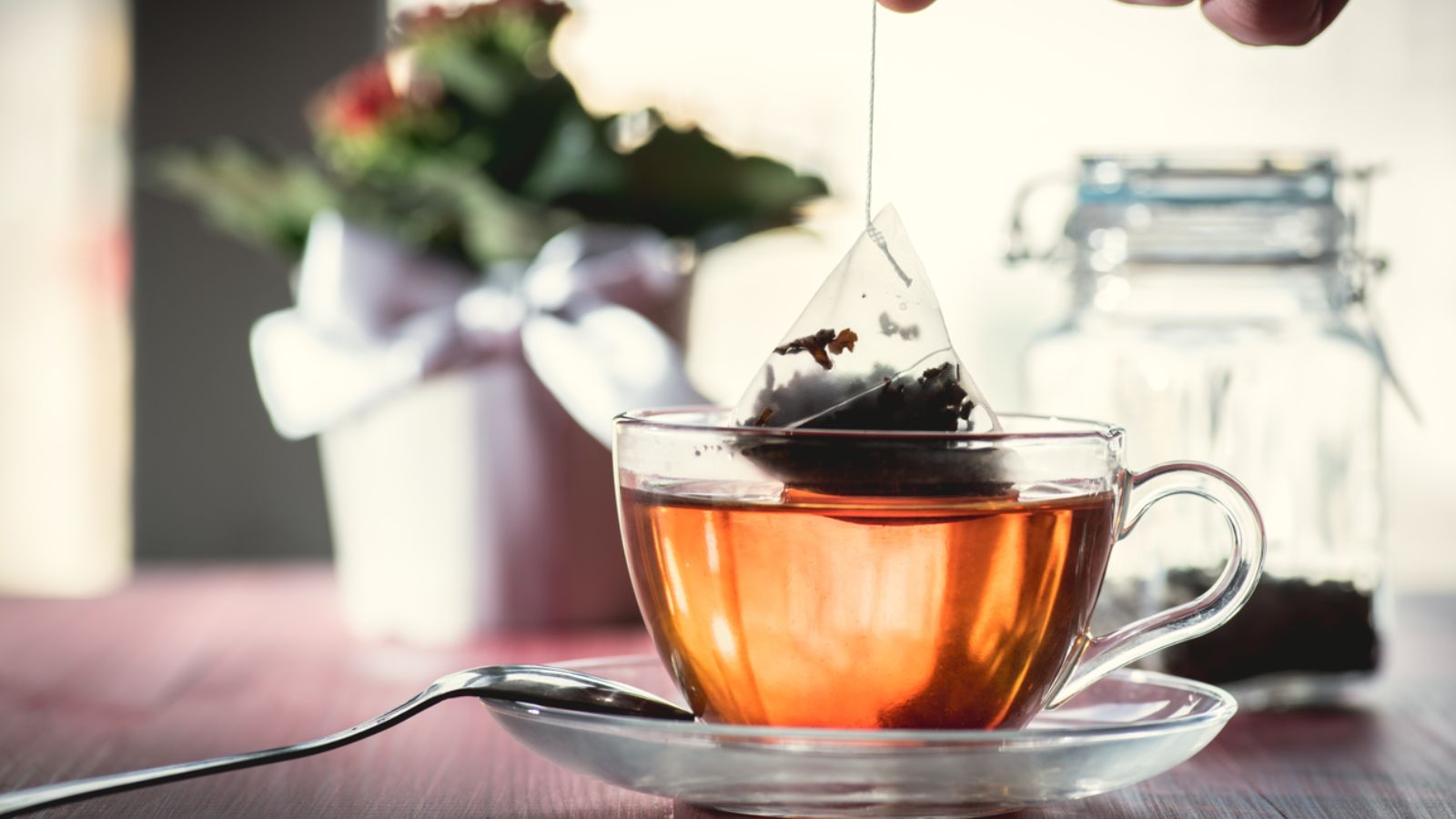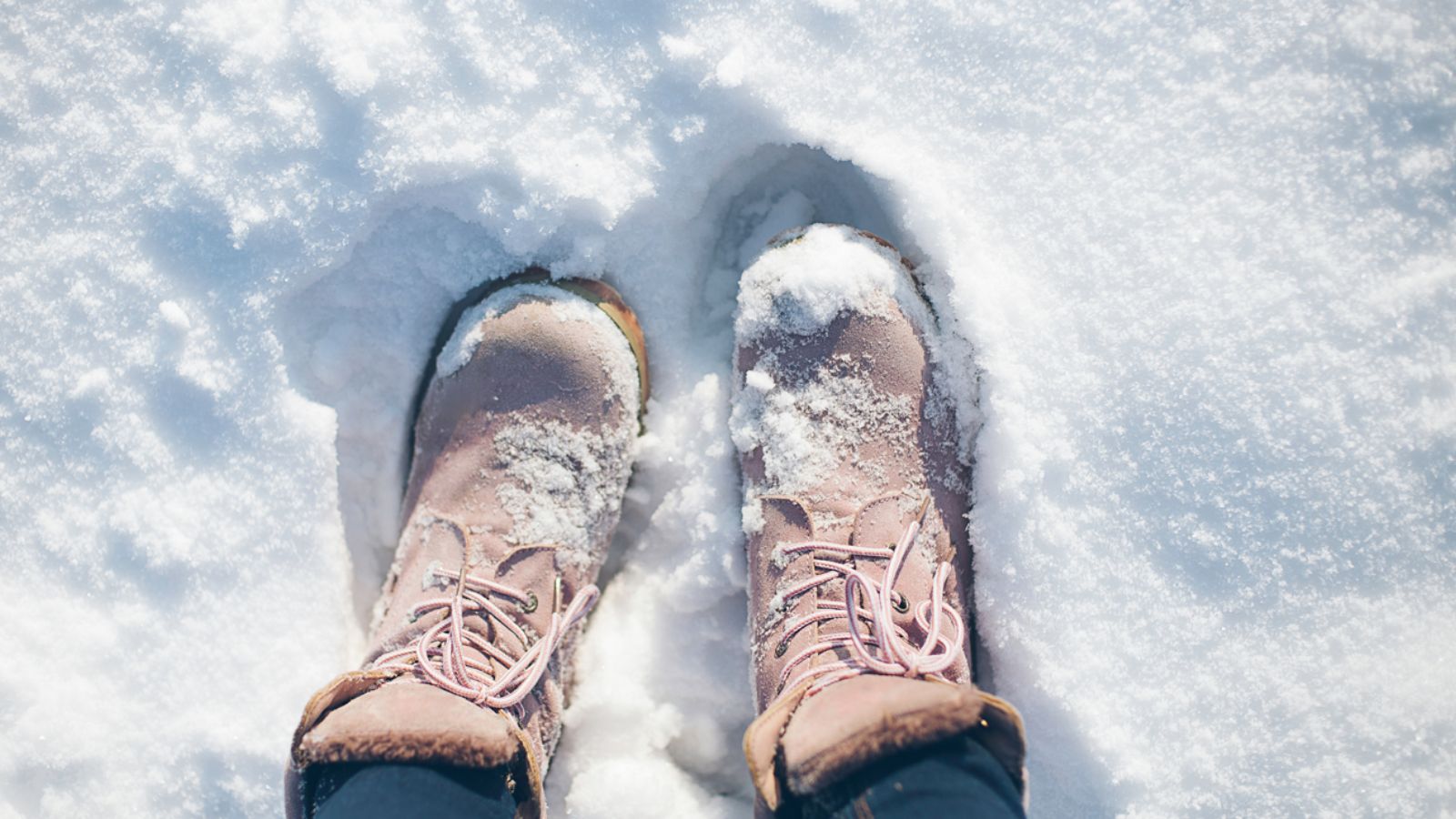Well........ the brits are the the king of slang .......and have their own words...... for many...... many things ......these are justa few .....we have liza /liza minnelli/telly /tv...........we have the soap/soap on a rope /pope........jell /jelly bean/the queen ........we have dog/dog and bone/phone.........the list is endless ....and scousers /scots/geaordies/brummies/cockneys.......... all have their derivations.......... of the same slang but understand each other ........but we all k ow what these are .......that is what is wonderful about the brits .........we all get the slang ........
Brolly, Loo, or Bob’s Your Uncle: 18 British Words That Baffle Americans
Ready to hop across the pond for a thrilling adventure in language? If so, buckle up as we unveil the meaning behind 18 British words that often leave Americans scratching their heads. Prepare to be amused, educated, and utterly bemused by these charming and downright confusing expressions!
Elevenses

No, ‘elevenses’ doesn’t mean counting up to eleven. In the United Kingdom, it’s a delightful tradition of taking a break for a light snack (think biscuits or scones) and tea, usually around 11 am. Imagine it as a British version of a mid-morning snack. Elevenses can indeed confuse Americans, especially since our snack times aren’t named after the hours!
Cuppa

‘Cuppa’ might sound like a strange new app to American ears. But, to the British, it’s simply a shorter way of saying ‘cup of tea.’ Imagine coming home after a long day and sinking into your favorite chair with a warm ‘cuppa’ – doesn’t that sound nice? After all, we all know how much the Brits love to drink tea. They even have special words for it!
It’s Brass Monkeys Out

If someone says, “It’s brass monkeys out,” don’t start looking for a brass monkey statue! This eccentric British expression means it’s extremely cold outside like a brass monkey would be on a frosty day. A bit far-fetched, isn’t it? But that’s British humor for you!
Jumper

In the US, a jumper might mean someone hopping around or a type of sleeveless dress, but in the UK, a jumper is what we call a sweater. So, if you hear your British friend complaining about a lost jumper, they haven’t misplaced a hopscotch partner. They’re looking for their favorite knitted pullover!
Chuffed

If your British friend says they’re “chuffed to bits,” they’re not falling apart but feeling quite pleased about something. It’s one of those British words that convey emotion with a unique charm, a concept that may be puzzling to Americans. We don’t have anywhere near the same amount of slang to talk about happiness!
Yankee

As an American, you’re probably aware of this term, which is usually used to refer to a person from the northern United States. But the British often use ‘Yankee’ to refer to any American. It’s a case of one word having different regional meanings, which can mean lots of confusion! If a Brit calls you a Yank, don’t worry; they just mean that you’re an American.
Gormless

‘Gormless’ might sound like a fancy dish at a five-star restaurant, but it’s a way of saying someone is clueless or lacking in understanding. If your British friend calls you gormless, don’t take it as a compliment. It’s time to brush up on your knowledge, and you can start by learning more about British slang!
Chin Wag

It sounds like it means your chin is shaking, but it’s not. Chin wag is a fun, casual term for a chat or a gossip session. So if your British mate asks you for a ‘chin wag,’ they’re inviting you for a good old natter. This phrase is just another way that the Brits make language interesting by using such strange words and phrases.
Owt

‘Owt’ might look like a typo to American eyes, but it’s a northern England slang term that means ‘anything.’ It’s got nothing to do with going outside! If someone says, “I haven’t got owt,” they mean they haven’t got anything. Funnily enough, the opposite of ‘owt’ is ‘nowt,’ which means ‘nothing.’ You want to have owt, not nowt. How confusing is that?!
Hole-in-the-Wall

Next up, ‘hole-in-the-wall.’ In Britain, this doesn’t mean a shoddy place or a secret hideout. It’s what Brits call an ATM! Imagine the surprise when a British friend asks an American if they need to stop by the ‘hole-in-the-wall’!
Moggy

Our next entry is the word ‘moggy.’ But don’t worry; it’s not some spooky creature from the forest! In Britain, ‘moggy’ is a sweet term for a cat. So, next time you hear this word, just think of cute, purring kitties!
Skint

‘Skint’ has nothing to do with skin or even being thin. It’s British slang for being broke or having no money. So, if a Brit says they’re skint, they’re not looking for skin lotion; they probably need a few quid (pounds)!
Collywobbles

‘Collywobbles’ is quite a mouthful, isn’t it? Well, it has nothing to do with collies or wobbles. Instead, it’s a funny British way of saying you’ve got a stomachache or you’re nervous. It’s much more entertaining than just saying butterflies in your stomach, don’t you think?
Rashers

‘Rashers’ might sound like a word for something speedy, but no! In Britain, ‘rashers’ refer to slices of bacon. A typical American might wait for a fast car when a British friend talks about rashers during breakfast.
Juggernaut

The word ‘juggernaut’ is an exciting one. In America, it’s often used to refer to something large or unstoppable. But in Britain, it’s also a common term for a big lorry or truck. So, don’t be alarmed if you hear about a ‘juggernaut’ on a British motorway!
Naff

‘Naff’ is another confusing one. No, it’s not a typing error for ‘naps.’ It’s British slang for something that’s uncool, tacky, or in poor taste. So, if a Brit says something is ‘naff,’ they’re not too impressed with it.
Tosh

Then we have the word ‘tosh.’ It’s not a shortened form of a name or anything to do with washing. ‘Tosh’ in British English means nonsense or rubbish. So, if someone says what you’re talking about is ‘tosh,’ they probably don’t believe you!
Bits and Bobs

And to complete our list, we have ‘bits and bobs.’ This charming phrase doesn’t refer to people named Bob or tiny bites of food. Instead, it’s a delightful way British folks describe miscellaneous small items or odds and ends. And don’t worry if it sounds a bit peculiar; it’s just another fun piece of the British language puzzle!

No comments:
Post a Comment